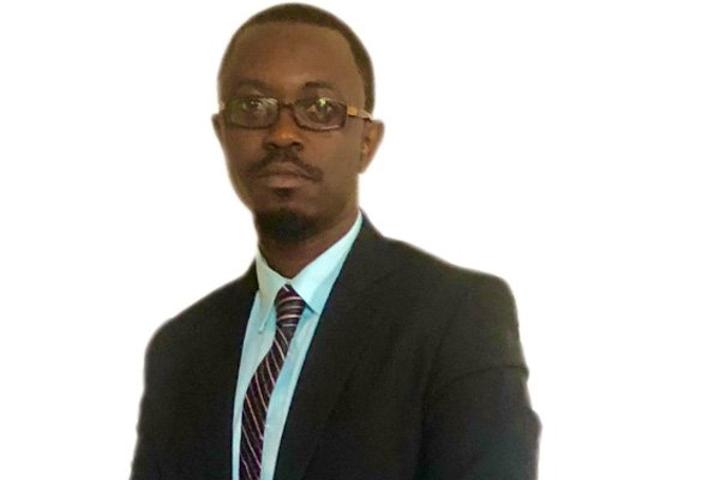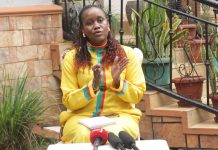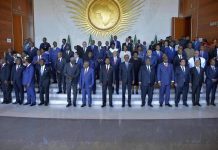Africa-Press – Uganda. In August 2013, Mark Zuckerberg, Facebook’s co-founder and CEO launched a humanitarian initiative named internet.org.
The goal of this initiative was to share the Internet’s knowledge and inspiration with the world, especially to less developed countries, and overcoming issues of accessibility, affordability and awareness—in hopes that one day, everyone will be connected.
Zuckerberg argued that everyone should be entitled to free basic Internet service because the Internet is essential to growing the knowledge we have and sharing it with each other. And for many, it forms a huge part of their everyday lives.
As of April 2018, it was reported that this Facebook-led initiative had brought more than 100 million people online who otherwise would not have been connected to the Internet. These people were doing better in school, building new businesses, and learning how to stay healthy.
Similarly, other tech-giants such as Google, Twitter, and Wikipedia have also implemented projects aimed at provision of affordable access to Internet services. For instance, Wikipedia, through Its foundation, Wikimedia, strives to develop and maintain open content, various educational-based projects and providing the full contents of its material to the public free of charge.
Back home in Uganda, the government recognises that whereas there are immense advantages of connecting the population to the Internet, access to it remains considerably low. However, a number of notable milestones, such as the establishment of the National Information Technology Authority Uganda Act, have been attained in the recent years in the drive for improved Internet connectivity.
With that being said, it caused me great pain and sadness when the government turned off the Internet including social media platforms and messaging apps between January 12 and February 10, even though Facebook remained shut by the time of writing this.
It is not that I am a big fan of social media – No! My concern is that by blocking the Internet or social media, the Uganda government has gone against the very goals and principles it appears to be promoting. I don’t think it had to be this way!
Turning off the Internet expressly contradicts free speech and expression. In today’s world, it’s safe to say that the Internet is a way of life through which people connect and share.
Perhaps this could be the reason why many people, including ministers and other senior government officials, were reported to have continued to ‘illegally’ access social media sites with the aid of Virtual Private Networks (VPNs).
Without a doubt, the Internet has some fatal flaws and, in some cases, it may pose serious national security concerns. The ugly side of social media involves issues of intellectual dishonesty, false representations and use of inflammatory language to inspire others to act unlawfully.
All these acts are unfortunate and should be discouraged in the strongest terms possible. However, speaking as a citizen not as a politician, I believe that systematic and transparent procedures should be established where all suspected offenders would undergo a due process before being reprimanded. Also, each allegation should be singly investigated.
By limiting Internet connectivity, government is not only risking but also endangering the same principles of human rights enshrined in the Constitution of Uganda.
Therefore, I hope and I pray that those in positions of power resist the overwhelming temptation of substituting the will of the people for their own personal judgements because in the aftermath, the damages caused could be immensely hard to overturn.
Mr Mukalazi is the country director ofEvery Child Ministries [email protected]






